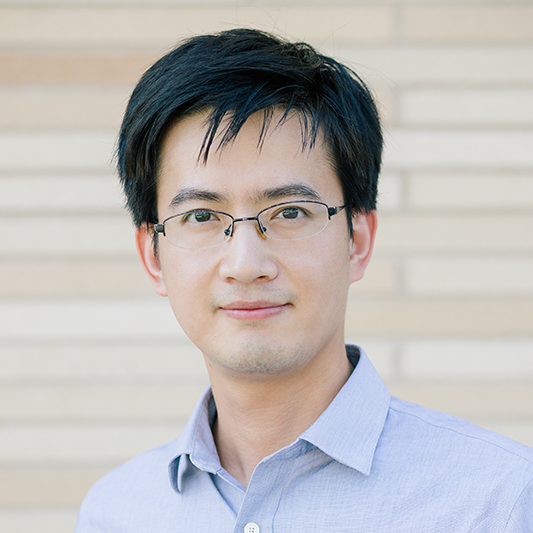
Xu Zhang
Associate Professor, Electrical and Computer Engineering
Bio
Dr. Xu Zhang is an Associate Professor in the Department of Electrical and Computer Engineering at Carnegie Mellon University. He joined CMU in 2019 as a tenure-track assistant professor. Before joining CMU, he worked as an Argonne Scholar at Argonne National Laboratory (2018–2019) and as a Postdoctoral Associate at MIT’s Microsystems Technology Laboratories (2017–2018). He earned his Ph.D. and M.S. in Electrical Engineering and Computer Science from MIT and his B.S. in Physics from the University of Science and Technology of China.
His lab explores the frontiers of electronics and optoelectronics through two-dimensional materials, advanced nanofabrication, and material-device co-design, with the goal of uncovering fundamental science and developing transformative technologies for next-generation semiconductor devices and computing platforms. His work has been recognized with numerous honors, including the National Science Foundation CAREER Award (2023), MIT Technology Review Innovators Under 35 (Global, 2022), MIT Technology Review Innovators Under 35 (China, 2019), Enrico Fermi Fellowship at Argonne National Laboratory (2018), MIT Global Fellowship (2014), and MIT Presidential Fellowship (2010).
Education
Ph.D., 2017
Electrical Engineering and Computer Science
Massachusetts Institute of Technology
M.S., 2012
Electrical Engineering and Computer Science
Massachusetts Institute of Technology
B.S., 2010
Physics
University of Science and Technology of China
Research
Dr. Zhang’s lab focuses on building advanced electronic and optoelectronic devices based on emerging materials, especially atomically thin 2D materials, and novel device technologies. His group explores new physical phenomena, scalable fabrication strategies, and material-device co-design to enable breakthroughs in computing, energy, communication and sensing.
Keywords
- 2D Semiconductors
- Transistor Physics
- Energy-efficient Computing
- Nanoelectronics